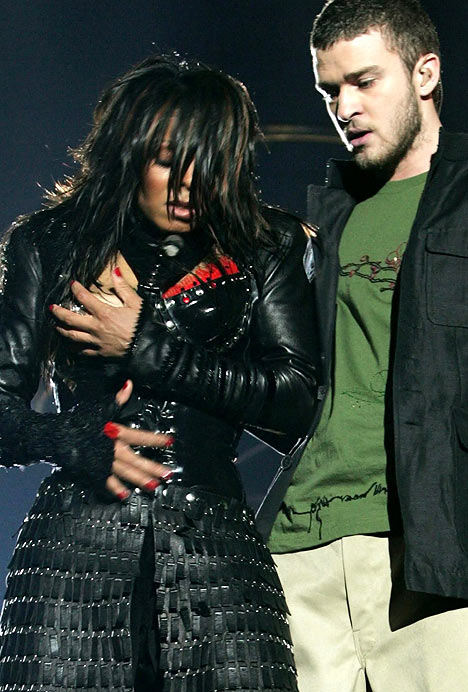Activists Dominate Content Complaints
Activists Dominate Content Complaints (Media Week)
In an appearance before Congress in February, when the controversy over Janet Jackson’s Super Bowl moment was at its height, Federal Communications Commission chairman Michael Powell laid some startling statistics on U.S. senators. The number of indecency complaints had soared dramatically to more than 240,000 in the previous year, Powell said. The figure was up from roughly 14,000 in 2002, and from fewer than 350 in each of the two previous years. There was, Powell said, “a dramatic rise in public concern and outrage about what is being broadcast into their homes.â€
What Powell did not reveal—apparently because he was unaware—was the source of the complaints. According to a new FCC estimate obtained by Mediaweek, nearly all indecency complaints in 2003—99.8 percent—were filed by the Parents Television Council, an activist group. This year, the trend has continued, and perhaps intensified. Through early October, 99.9 percent of indecency complaints—aside from those concerning the Janet Jackson “wardrobe malfunction†during the Super Bowl halftime show broadcast on CBS— were brought by the PTC, according to the FCC analysis dated Oct. 1. (The agency last week estimated it had received 1,068,767 complaints about broadcast indecency so far this year; the Super Bowl broadcast accounted for over 540,000, according to commissioners’ statements.)
The prominent role played by the PTC has raised concerns among critics of the FCC’s crackdown on indecency. “It means that really a tiny minority with a very focused political agenda is trying to censor American television and radio,†said Jonathan Rintels, president and executive director of the Center for Creative Voices in Media, an artists’ advocacy group.
It’s hardly surprising that most complaints are filed by activists. Most people aren’t going to bother going to the trouble of writing the FCC, even if they’re geniunely offended. Ultimately, the FCC commissioners are the ones making the determinations about what violates the regulations. To the extent that their decisions are absurd–and they often are–then the fault rests with the FCC, not the activists.
Kevin Drum is right that 480 non-PTC complaints out of a population of 300 million is hardly “a groundswell of outrage.” I disagree, though, with John Cole that this means that Brent Bozell and others are somehow proto-facists. People have every right to organize and lobby their government about things that matter to them. (I believe the 1st Amendment mentions something about this.) It’s the job of the FCC to filter these complaints. And, for once, I agree with Oliver Willis: people who disagree with the PTC need to get involved and make their voices known, too.
This controversy is not an anomaly: Many aspects of public policy in democracies are dominated by well-organized, highly motivated activist groups. Do you think the majority wants to pay farmers to not grow food so that they may charge us more for the food they do grow?






Their problem of course is that in this case, the activist group don’t work in their favor.
As an offhanded example of the absurdity of the report/complaint about ‘activist groups’… Do we see, for example, the DNC complaining about MOVEON?
The process of complaining to the FCC is little known and more trouble than it’s worth for most folks. The squeeky wheel gets the grease, as they say.
Which, by the way is also a reason for the situation about there being few if any who actually deal with the FCC on that level. You need to have a group’s weight and available manhours to make it through he FCC’s complaint process to be heard.